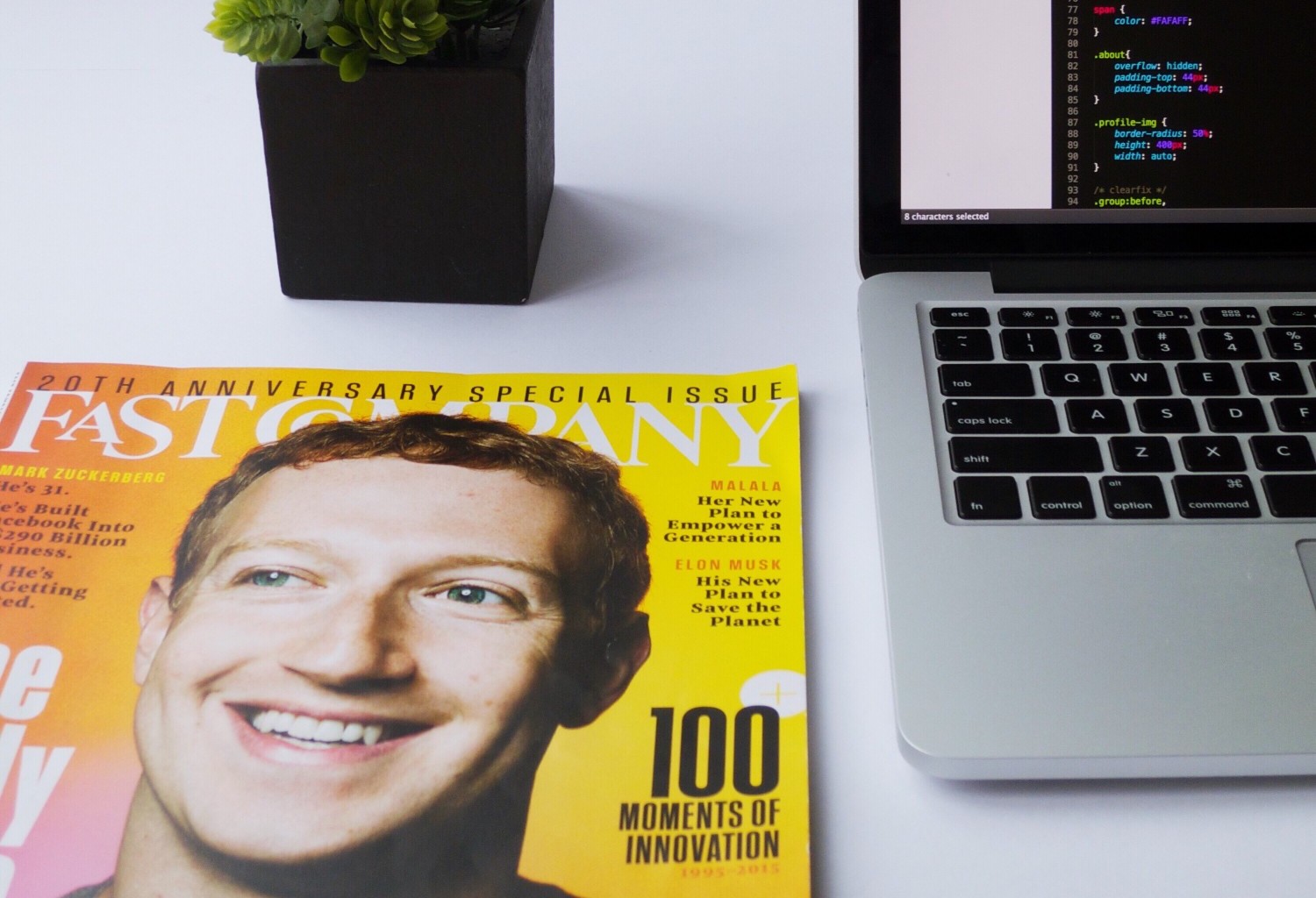by Nancy Fahmy, Russell Investments
Wow—the first six months of 2020 have certainly sent some unexpected curve balls to advisors! From dealing with a global pandemic, to setting up home offices overnight, finding ways to calm investors during the fastest decline in the history of the U.S. stock market (based on the S&P 500® Index since its inception in 1926) and the subsequent 39.6% recovery which can now be considered the largest 50-day rally for the S&P 500 since 1957,1 there has been no shortage of obstacles. So many of us rallied our courage, determination and business-owner skills to overcome those challenges.
Lifetime opportunity: Next 6 months?
Now, as we turn to the second half of 2020, the next key challenge will be: Reigniting the growth of your business … in a primarily virtual setting. Even as states begin to reopen their economies, in-person engagements are unlikely to be as frequent and as natural as they were in the past. But that doesn’t mean you can’t still be by your clients’ side, even if you may be miles apart. It doesn’t mean you can’t help your clients or grow your business. In fact, I believe the next six months may be a once-in-a-lifetime opportunity to help clients and to cement a future of durable, sustainable business growth.
After all, many investors today want connection, advice and guidance more than ever as they navigate unprecedented financial, economic, emotional, professional and health changes in their lives. It’s an environment made for advisors, a profession of people who care about other people. Asking those insightful questions, actively listening, empathizing and coaching clients toward their desired goals is essential today. Adopting virtual technology is one of the most human things advisors can do right now because it’s what makes it possible for advisors to still be there for their clients when we can’t see them face-to-face.
I’ve got some ideas to get you started—so that the second half of the year might be one of your best business growth periods yet.
Leveraging technology for business building in the second half of the year
In the current environment, you probably can’t sit across from your existing clients to reassure them that their financial plans are still intact and doing what they are supposed to be doing. You likely aren’t going to meet them at their homes, look them in the eyes and hold their hands through these difficult times. And that’s hard, because many investors are hungry for that personal interaction and advice right now. But it doesn’t mean you can’t provide a personal touch.
Platforms such as Zoom, WebEx, Skype for Business, Microsoft Teams and Google Meets are at the forefront of enabling virtual engagement in today’s world. Many clients are increasingly receptive and comfortable with this mode of communication. After all, more and more of people’s daily lives (from gym classes to social gatherings, school and educational endeavors) have moved to a virtual setting in the past few months. Zoom more than doubled its active user base in the first two months of 2020 alone, while Skype saw a 70% increase in its number of daily users. According to WebEx, its user base spent a collective 5.5 billion minutes on the platform in just the first 11 business days of March.2
Of course, virtual engagement is not the same as in-person interaction, especially for something as delicate and emotional as financial advice. Many advisors we work with say they lose a certain feel from going virtual with clients. This isn't too surprising—after all, there’s a reason this has been a face-to-face, human business. But the goal of offering clients a good experience doesn’t have to change. There are ways to make virtual technology personal for you and your clients.
For instance, turn on your camera and encourage your clients to do the same. Being able to see facial expressions and body language will help you determine whether your message is resonating with your clients. For them, being able to see your face, see your poise and tie a vision of you to your words will all go a long way to building that experience.
You can layer on additional experiences, such as sharing your screen with them to illustrate insights and information. Annotate exhibits on the fly to draw attention to specific data points on screen. You can even have the client interact by giving them remote control of your mouse from their own computer.
Use technology to go through an in-depth re-discovery process with your clients, to ensure you and they are both crystal clear about their priorities and any shifts that may have occurred in recent weeks. You are likely to gain new insight about your client’s true goals, circumstances and preferences in this important conversation. It may also be an opening for new introductions from your clients.
Leverage these platforms to grow your business organically by hosting a town hall for your best clients and their family, friends or co-workers. Choose a non-product-related topic you are passionate about—one that your clients and prospects might be interested in, too. For instance, investing best-practices for female investors, education about managing the financial impact of stress and anxiety, resources for small business owners on COVID-19 or guidance from a health and wellness expert, like a nutritionist. The possibilities are endless.
The bottom line
Don’t let the current uncertainty stop you from doing what you do best: Actively listening to your clients and empathizing with them, managing their expectations, holding their hands during turbulent markets and coaching them to stay on the path to financial success. Advisors who can continue to use the adaptation talents they honed in the first half of this year to lay a foundation for growth—using virtual technology—may well be planting some of the most fertile seeds for tomorrow’s growth.
1 Source: Data as of June4, 2020. https://lplresearch.com/2020/06/04/best-50-day-rally-ever/Accessed June 4, 2020.
2 Source: Data as of March 17, 2020. https://www.cnbc.com/2020/03/17/cisco-webex-sees-record-usage-during-coronavirus-expansion-like-zoom.html
Copyright © Russell Investments












